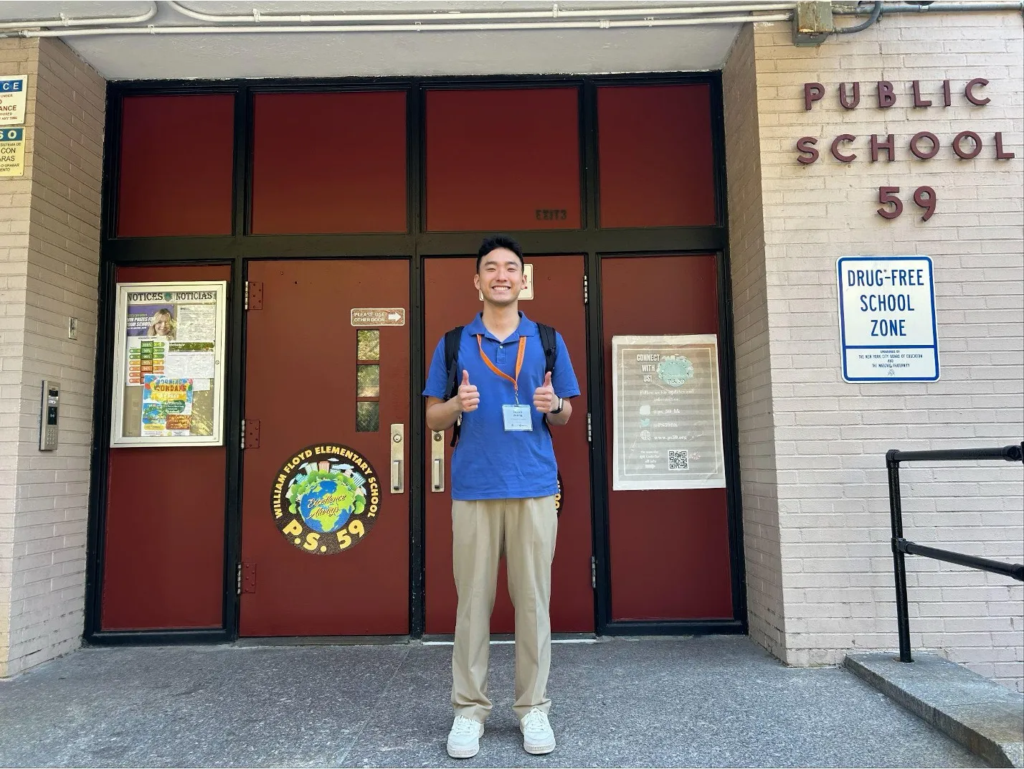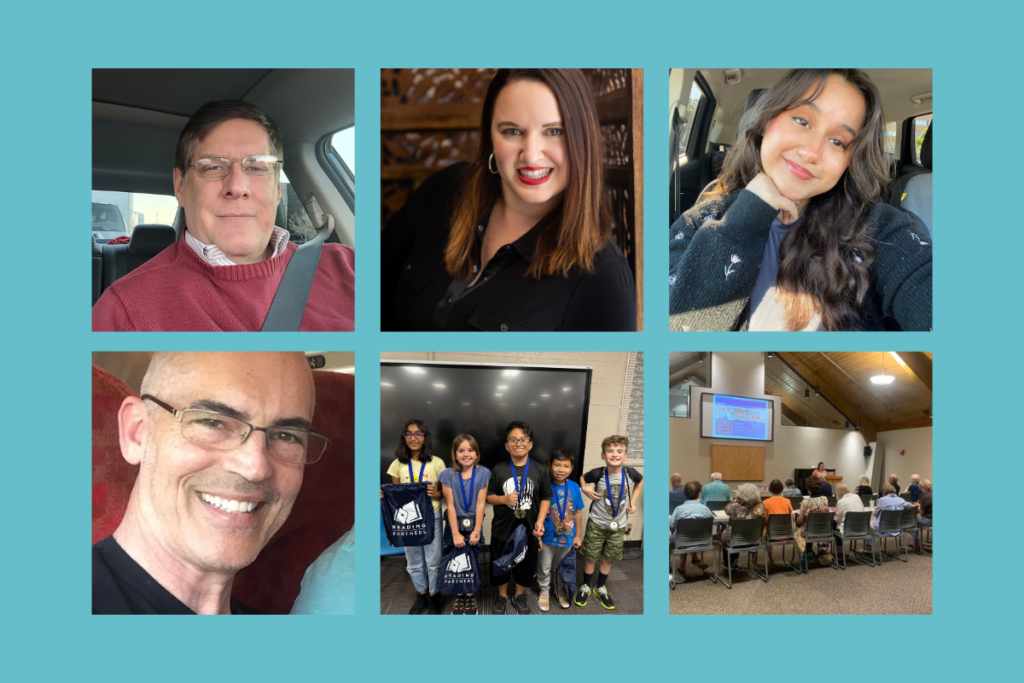
Reading is a vital part of life, and you can volunteer to help kids with their skills
January 18, 2017
Originally published by The Post and Courier.
By Warren Peper
Just by picking up this paper and thumbing through it, you reveal something about yourself. You like to read. Not everybody embraces that ability. Even sadder is the fact that in 2017, not everybody can.
In South Carolina, only 20 percent of third-graders from low-income families are reading at grade level. Here’s an even more sobering component to that statistic: If they are already behind by the third grade, there’s an 88 percent chance they won’t catch up.
Reading Partners is trying to remedy this problem, and they’re looking for more volunteers to help them attack it. At the moment, there’s a Reading Partner program in 11 Charleston County schools and two more in Berkeley County.
Who are the volunteers? Forty-six percent are age 55 and older.
There are some companies, such as Nucor Steel, Benefitfocus and Steinberg Law Firm, that allow their employees to participate. Volunteers are asked to commit to one semester, one day a week for one hour.
Some volunteers are college students, others are grandparents. The volunteer must have an interest in children, undergo a criminal background check and does not need to be a former teacher. In every school, there is a site coordinator that helps that volunteer navigate any problems.
Heard the word?
Would you be reluctant to read to a child you’d never met in a school that’s located in a neighborhood you’d never enter? That certainly entered Mark Swick’s head when he started.
Swick, 29, employed at the College of Charleston, was extremely nervous about developing a relationship with a student he’d never met. After two years, he says, “It’s one of the most meaningful things I do all week.”
Another volunteer, Maryanne Biddix, 54, a sales training manager at Benefitfocus, enjoys the “confidence and excitement shown by the students at their improvement.”
What happens during these one-hour sessions often develops into something far beyond being hooked on phonics. There are conversations about favorite subjects or the holidays. There are moments to mentor and provide the child with an opportunity to comprehend and retain information.
By the time the volunteer starts reading to a student, that child has already been identified with areas of weaknesses. It might be in fluency, or maybe in areas of vocabulary. The student selects a book to read that allows the volunteer and the student to zero in on those concerns.
When a student who struggles with reading gets to the fourth or fifth grade and can’t keep up, it’s not unusual for that child to disengage or become a behavior problem.
One hour one day
Most of our communicating these days is done with smartphones, Facebook, Twitter, Snapchat, Pinterest and all the other social media that makes our lives so wonderful.
Here’s the problem. We’re losing the generation-to-generation involvement that comes with such one-on-one encounters. It’s just one hour one day, but it’s also one volunteer and one student.
Maybe you’ve been looking for a way to make a difference. Maybe you’re wondering what the younger generation will become. This is a small but significant way to make a difference. If interested, email volunteersc@readingpartners.org or call 843-860-3915.
Reading is an important skill. It develops the mind, our imaginations and even our self-image. Too often we equate someone who struggles with reading to mean that person is not intelligent.
We keep hearing about all the industry and jobs that are coming to our community in the years ahead. Let’s not lose these potential workers before they reach the third grade.
It’s a chance to help somebody you don’t even know. On a day where we celebrate content and character, it’s a clear opportunity to make a difference.
One of my favorite philosophers, Dr. Seuss, once said, “The more that you read, the more things you will know. The more that you learn, the more places you’ll go.”



